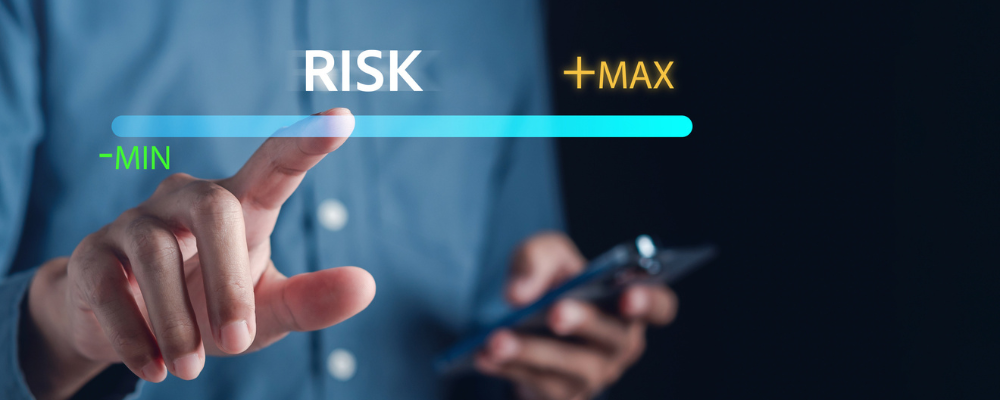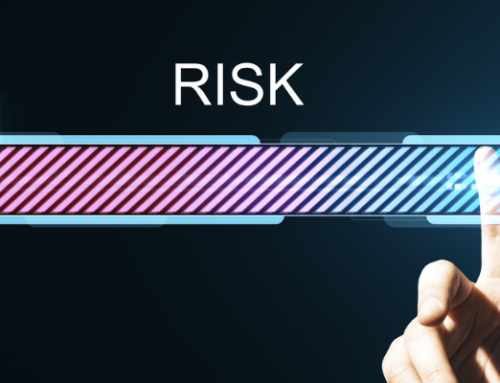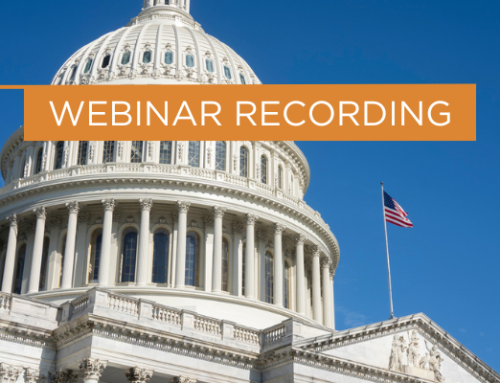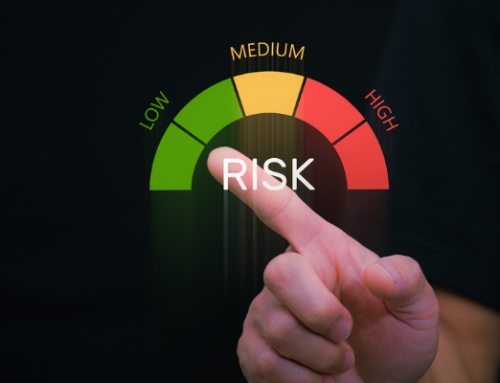Introduction
In the realm of data security and financial integrity, Service Organization Control (SOC) examinations serve as the gold standard for evaluating the controls of service organizations. Yet, the value of a SOC report hinges on who conducts the examination. The American Institute of Certified Public Accountants (AICPA) mandates that only a Certified Public Accountant (CPA) can issue a SOC report, ensuring adherence to rigorous standards that safeguard the report’s validity. As a SOC Specialist, I’ve seen firsthand how crucial it is to have these examinations conducted by qualified professionals, and here’s why.
The SOC Suite of Services: Essential Assurance
SOC examinations are more than just a regulatory requirement—they’re a critical tool for building trust with clients and stakeholders. Here’s a breakdown of the SOC services:
SOC 1®: Focuses on internal controls over financial reporting (ICFR), providing assurance that a service organization’s controls are designed and operating effectively to protect financial data.
SOC 2®: Evaluates controls related to security, availability, processing integrity, confidentiality, and privacy. This report is essential for organizations handling sensitive data.
SOC 3®: A general-use report based on SOC 2, providing a high-level summary of the effectiveness of controls without the detailed technical data.
SOC for Cybersecurity: Offers a detailed analysis of an organization’s cybersecurity risk management, crucial in today’s digital landscape.
SOC for Supply Chain: Assesses the security and integrity of the supply chain, ensuring that risks are managed from supplier to distributor.
The Importance of CPA Involvement: Ensuring Quality and Compliance
SOC examinations are governed by the AICPA’s attestation standards, which set the bar for quality and consistency. For a SOC report to be valid, it must be issued by a CPA, a requirement that underscores the importance of professional oversight. CPAs bring a deep understanding of these standards, ensuring that every SOC examination meets the rigorous criteria necessary for a reliable and credible report.
The Role of the SOC Specialist in Peer Reviews
Peer reviews are an integral part of maintaining the quality of SOC examinations. As a SOC Specialist, I assist peer review teams in evaluating SOC 1, 2, or 3 engagements. My role involves providing expertise to ensure that the examinations are conducted in accordance with professional standards. This includes evaluating whether the examinations meet the AICPA’s attestation standards and identifying any deficiencies that need to be addressed.
Common peer review findings often highlight issues such as inadequate risk assessments or insufficient documentation. These findings reinforce the need for meticulous adherence to AICPA standards—a process that only a CPA, with their extensive training and ethical obligations, can guarantee.
The Dangers of Non-CPA Examinations
Engaging a non-CPA to conduct your SOC examination is a risky proposition. Non-CPAs may not be fully versed in the attestation standards or the ethical requirements that are the cornerstone of a CPA’s work. This can lead to errors, oversights, and ultimately, a report that lacks credibility. In contrast, a CPA-led examination ensures that every aspect of the SOC process is handled with the utmost care, resulting in a report that stakeholders can trust.
Conclusion
SOC examinations are a critical component of a service organization’s risk management strategy, but their value is entirely dependent on the quality of the examination process. The AICPA’s requirement that only CPAs can issue SOC reports is not just a regulatory hurdle—it’s a vital safeguard that ensures the integrity of the examination. As a SOC Specialist, I’ve seen the difference that a properly conducted examination can make, and I can’t stress enough the importance of choosing a qualified CPA for this task. When it comes to protecting your business and your reputation, there’s simply no substitute for professional expertise.





